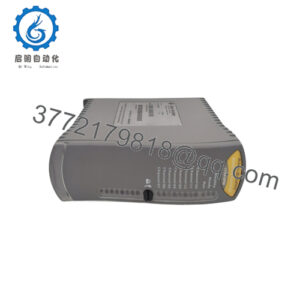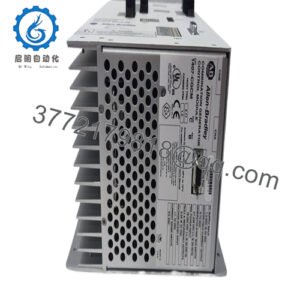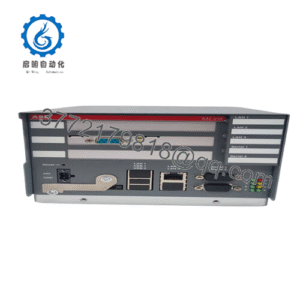Description
The GE 239 Motor Protection Relay is a legacy digital device designed to provide comprehensive protection for three-phase AC motors in a wide range of industrial applications. It is widely used in environments such as manufacturing plants, mines, pump stations, conveyors, and fans where motor reliability and safety are crucial. The relay not only protects motors from electrical faults like overload, short circuit, ground fault, and undercurrent but also guards the associated mechanical equipment against damage from process abnormalities such as mechanical jams and thermal overloads. This multifunctional approach helps minimize downtime, reduce maintenance costs, and improve operational efficiency, making the 239 a trusted solution in industrial automation where machine protection and fault diagnostics are vital.
The 239 operates primarily as a solid-state motor protection relay integrating thermal models to simulate motor temperature and predict overheating conditions accurately. It supports various selectable overload curves and provides separate start and run motor protection settings enhanced with thermal memory lockout to prevent premature restarts after an overload event. In addition to electrical protection, it offers mechanical protection features like stall detection and repeated start timers. The relay comes equipped with an RS485 serial port for Modbus RTU communication allowing integration into centralized monitoring systems. A user-friendly interface including a keypad, 40-character illuminated display, and status LEDs supports configuration, real-time monitoring, and fault diagnosis. Engineers value this relay for its robust protection combined with intuitive diagnostics and programming flexibility.
Functionality highlights of the GE 239 include protection against phase short circuit, ground fault, single-phasing, current unbalance, mechanical jam, and breaker failure. It allows temperature monitoring through thermistor or optional RTD inputs to add a layer of thermal protection and asset monitoring. The relay stores fault records and features built-in simulation for pre-testing without motor exposure. Its multi-speed motor management capabilities make it suitable for variable speed applications. The compact design reduces installation space and complexity. Programming support via EnerVista setup software facilitates device configuration and field upgrades, enhancing long-term usability and system integration.
| Parameter | Value |
|---|---|
| Model | 239 Motor Protection Relay |
| Manufacturer | General Electric (GE) |
| Product Type | Digital Motor Protection Relay |
| Motor Types Supported | Three-phase AC motors |
| Protection Features | Thermal overload (15 curves), short circuit, ground fault, mechanical jam, undercurrent, breaker failure, unbalance, stall, repeated starts |
| Thermal Monitoring | Thermistor and optional RTDs |
| Communication | RS485 serial port (Modbus RTU) |
| User Interface | Keypad, 40-character illuminated display, 6 LEDs |
| Fault Records | Last 5 trip records |
| Programming Software | EnerVista Setup Software |
| Applications | Pumps, conveyors, compressors, fans, mines, sawmills |
| Status Indicators | Trip, alarm, auxiliary outputs |
- 239
- 239
The 239 is compatible with GE’s broader Multilin protection relay series and can be networked for plant-wide motor protection and condition monitoring solutions. Though discontinued, it remains supported via service and software updates.
Installation involves mounting the relay typically in motor control centers or panel boards with proper current transformer connections and wiring per GE’s installation manual. Regular maintenance includes functional testing using built-in simulation, checking fault histories, and validating thermal sensor input status to ensure ongoing motor protection reliability.


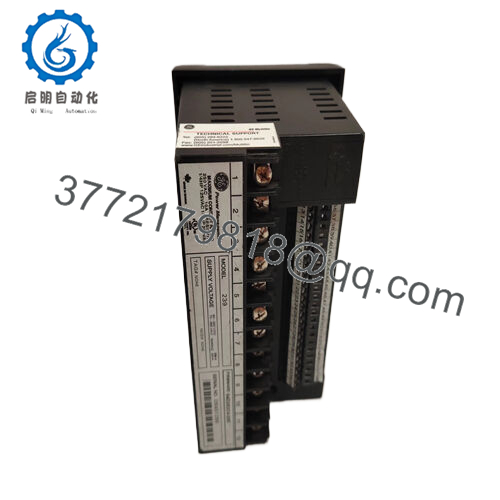
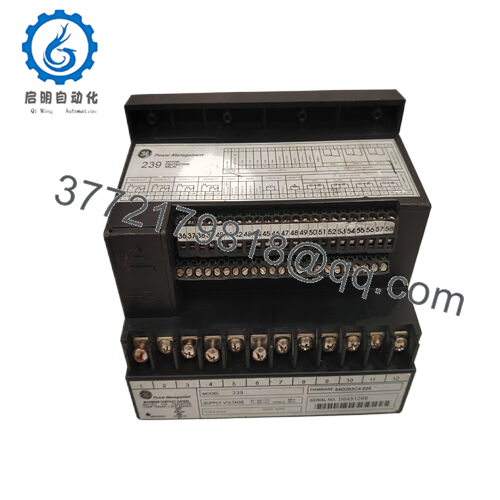
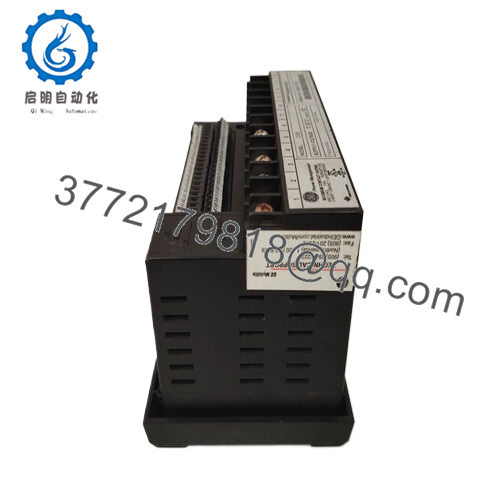
 WhatsApp: +86 16626708626
WhatsApp: +86 16626708626 Email:
Email:  Phone: +86 16626708626
Phone: +86 16626708626

